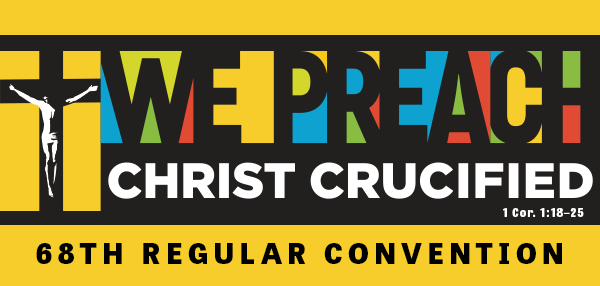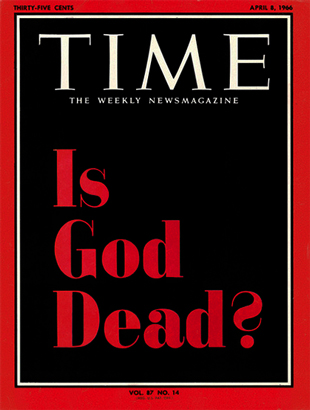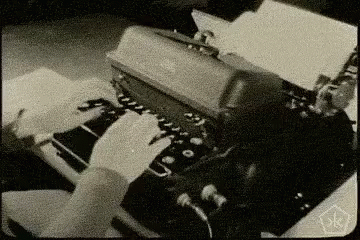Sermon for the Seventh Sunday after Pentecost, Proper 10A, preached on Sunday, July 16, 2023. Have you ever played the game of what sense you would be willing to surrender if you had to have one taken from you? Would you surrender your eyes never to see again or your nose never to smell again or your ears never to hear again? We love to play games as if life were a game to be played but our Lord refuses to play such games. In fact, our Lord insists that we have ears to hear and what they are designed to hear is the Word of God. The reality, however, is that we gladly use our senses for just about anything and everything except that which is God’s Word and Sacraments. We play games with the things God has given to us so that His Word and Spirit might dwell within us, bring us to faith, and keep us to eternal life.
Jesus tells us a parable that disavows the false ideas that we have about our ears and what they are given to us to hear. He describes not simply the different soils into which the seed is planted but what works against what is heard and against the work of the Spirit.
Those who hear the Word of God and then surrender that Word to their fears or their frustration are those in whom the devil sweeps in and steals the Word away. We have plenty of time and energy and focus when we are doing what we want but as soon as God asks us to discipline ourselves to hear His Word, we are no longer interested. The devil swoops in with questions. Is this Bible study stuff fun? Is it interesting? Are you getting anything out of it? It does not take long for our flesh to give up on the Word of God and let our ears, our minds, our eyes, and our mouths focus on something else. The real enemy of faith is not opposition but boredom and apathy. We use our senses for everything we think useful, fun, and interesting but we have nothing left for the one thing they are meant for – the Word of God.
Those who hear the Word of God and then give up when it proves hard are those who give up the faith whenever it demands something from us. When God’s Word demands the attention of our minds, the focus of our hearts, we give it all up. We have no roots to plant us or hold us to Him and so we move along to the next thing to come along, that which is new or different or easier. Worship is not easy and it should not be. Bible study is not easy nor should it be. Controlling ourselves in the face of temptation is not easy nor should it be. Forcing ourselves to do what is good and right before God is not easy nor should it be. The road to heaven is filled with the footsteps of those who said this is harder than I thought and turned back.
Faith is not a panacea for all that troubles us. Faith is its own trouble. For faith pits us against the world, forces us to swim against the current of what seems right in the moment, and asks us to trust the higher power of God’s gracious will. Parents, do not lie to your children and tell them church is fun or easy. But tell them it is the most important claim upon them for this life and for eternal life. Worship is not fun and it is not easy and it is not at all that practical in the eyes of the world, anyway. We have surrendered all our senses to that which interests us or offers us reward but there is no room left for us to see and know and taste and hear the Lord and receive His gifts.
He who has ears, let him hear. That is a solemn statement. It is a word both of warning and of promise. The warning is this. If our ears are listening for everything but the voice of God, we will never hear that voice. We will never hear and faith will wither and die and we will never receive what God has prepared for those who love Him. But it is also a promise. If we listen by the Spirit, God’s Word will not fail to do what that Word says and will deliver to us all that God has promised and accomplish in us all that He purposes. It will build us up in faith so we endure. But we need to listen and watch and hear and taste the goodness of the Lord in His Word and in the visible Word of His Sacraments.
God does not deceive you with half-truths and lies. He does not tell you that if you hear and believe, you will get the life you desire. No, He promises that because you belong to Christ, the world will hate and revile you the way it did Him and your life will be a constant battle against the desire to surrender just to make things easier. Faith is not easy. It is easier to make your peace with your faults and with the prospect of death and try to pack as much of life worth living between the start and end of that life. But that is all there will be in life and death will require you to face what you lost over and over again, a living hell that has no end.
The Church has tried over the ages to make things easier for people and every time the people have left in greater numbers the easy faith than they did the hard faith. All around us today is the example of churches that have redefined sin so that you are no longer a sinner and redefined death so that is not so bad and redefined God so the most He can do is to support you in whatever you choose for yourself. It cannot get any easier. What good is it to be filled with people and empty of hope? How much better to equip us to battle against self, devil and the world for the sake of a treasure beyond imagination which we glimpse here every week?!
He who has ears, let him hear. St. Paul says faith comes by hearing the Word of God. The Spirit is at work in that Word calling, gathering, enlightening, and sanctifying us and the whole Christian Church on earth. God is pouring into you all His power so that you may endure and enduring to the end, be saved eternally. You endure because you hear the Word of God that endures forever and you are kept in this faith because you remain near the means of grace. He who has ears, let him hear.
We are fighting a constant battle against what is cheap, easy, and makes us feel better. None of this is God. None of this is authentic Church. It is all a deception of devil who wants you to lose interest and give up or the world which wants you to turn your full attention and use all your senses for amusement, entertainment, and self-desire. The things of God come to us freely in Christ but once given, they ask us of nothing less than the full attention of our ears to hear, our minds to understand, our eyes to see, and our mouths to taste the goodness of the Lord.
Sometimes people wonder if we should make it easier on folks to join – why bother with all that instruction. Life is short, grab them when you can. Sometimes people wonder why we don’t open the altar rail up and let people decide what they believe and what they receive. Who are we to judge anyhow? Sometimes people wonder why the worship service is too long, why we sing too much, and why it is so foreign to everything else in life. Make it fun – what is wrong with having a good time? All of this only makes God and His Word and work trivial and inconsequential. This good times God cares little, offers us less, and cannot be counted upon when things go bad. That is not the God of Abraham, Isaac, and Jacob, not the God of the cross and empty tomb. The states are too high, Christ has paid too high a cost that you might be His, His claim is on you – all of you – all your mind, heart, body, soul, reason, and senses. Let everyone who has ears, hear. In the holy name of Jesus. Amen.










.tif)




